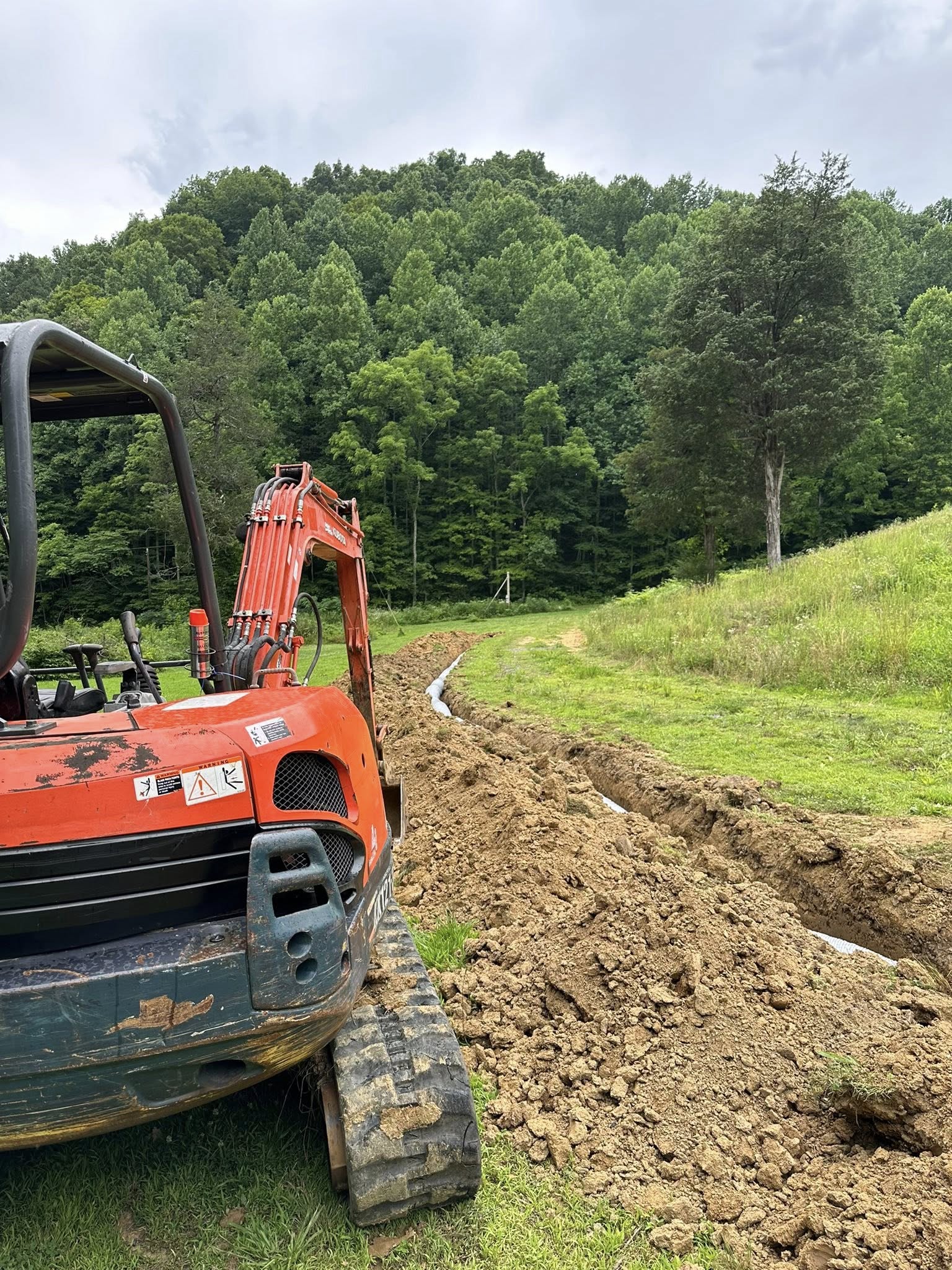
Navigating the Future: GPS Technology Transforming Excavation Practices Oct 06, 2025
To begin, it's essential to understand how GPS technology is reshaping the landscape of excavation. Traditional excavation methods often relied on manual measurements and estimations, which, while effective, left room for human error. The integration of GPS technology into excavation processes has revolutionized how these projects are approached. By using real-time data, GPS systems provide operators with accurate information about their machinery's location and the construction site. This precision reduces the margin for error, ensuring that digging and earth-moving tasks are executed with surgical accuracy.
One of the most significant advantages GPS technology brings to the table is improved site management. Operators can access detailed digital maps and blueprints directly from their equipment. This capability allows for better planning and coordination, ensuring that all parts of the project align seamlessly. For customers of Excavation Innovations, this means faster project completion times and less downtime, translating into cost savings and higher satisfaction levels.
Moreover, safety is paramount in any excavation project. The use of GPS technology significantly enhances site safety by reducing the likelihood of accidents. With real-time data and machine control, operators can avoid underground utilities and structures that could pose risks, thereby minimizing the possibility of costly and dangerous mishaps. This technology acts as an invisible safety net, providing an added layer of protection for workers on the ground.
Additionally, environmental considerations are becoming increasingly important in the construction and excavation industries. GPS technology contributes to more sustainable practices by reducing fuel consumption and minimizing emissions. Precise guidance reduces unnecessary machinery movement, cutting down on fuel usage and the environmental footprint of a project. Excavation Innovations’ commitment to incorporating such practices aligns with global efforts towards more sustainable construction processes.
For companies like Excavation Innovations, the integration of GPS technology also opens doors to more complex and ambitious projects. With an ability to accurately map out and execute complicated designs and layouts, the company can take on large-scale projects with confidence. This capability not only strengthens client relationships but also positions Excavation Innovations as a forward-thinking leader in the excavation industry.
Finally, it's crucial to highlight that GPS technology doesn’t replace human expertise but rather enhances it. Skilled operators who are adept at using these technologies are invaluable assets. The combination of expert knowledge and advanced technology ensures that projects are not only completed successfully but also exceed client expectations.
In conclusion, the role of GPS technology in transforming excavation practices cannot be understated. For customers of Excavation Innovations, this innovation means more efficient, safer, and environmentally conscious projects. As the industry continues to evolve, embracing such technological advancements will be essential for companies looking to maintain competitiveness and deliver exceptional results. With Excavation Innovations at the helm, clients can be assured of cutting-edge service that meets the demands of the future.
/filters:no_upscale()/media/14f0206d-8400-418b-9440-502974c65edd.jpeg)
/filters:no_upscale()/filters:format(webp)/media/7dc9553e-bef3-4839-b58c-c612218e67ef.jpeg)